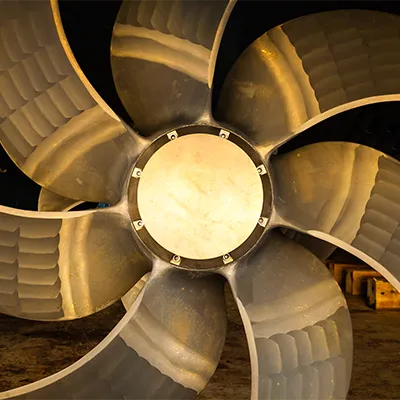Are you looking for a hands-on career in the marine industry that challenges your creativity and your mind, and can be done either at sea or on land?
There are two types of Marine Engineer – one that keeps the boats in tip top shape while they’re at sea, and the other that fixes them up on land in a factory, port, shipyard or dry dock. The industry needs both, and we can provide the training you need to be successful at either.
Whether you work on a navy ship, a cruise liner, an oil tanker or a super yacht – engineers are in high demand to keep the vessel running efficiently at sea, and to build, repair, service and maintain it between trips.
1000

Lorem ipsum dolor sit amet, consectetur adipiscing elit. Ut elit tellus, luctus nec ullamcorper mattis, pulvinar dapibus leo.
Working at sea can be physically and mentally demanding, but the satisfaction of a job well done can be very rewarding.
The dynamic and ever-changing environment at sea can be both challenging and exciting, and offers a unique work experience that sets it apart from traditional land-based careers.
Life at sea can foster a strong sense of community, as crew members work and live closely together for extended periods of time.
Lorem ipsum dolor sit amet, consectetur adipiscing elit. Ut elit tellus, luctus nec ullamcorper mattis, pulvinar dapibus leo.
The demand for goods and services is rapidly increasing, leading to a greater need for shipping and transportation. As a result, skilled Marine Engineers are in high demand.
You’ll play a vital role in building and maintaining the complex machinery and systems that power some of the largest and most advanced vessels in the world.
he work of marine engineers is essential for safe and efficient maritime transportation, contributing to global trade, economic development, and the well-being of communities around the world.
As a Marine Engineer, you’ll have the potential to earn a very good salary and enjoy job and financial security.
Working at sea offers you the chance to travel and see the world, visiting ports and destinations that many people never have the opportunity to experience.
The dynamic and ever-changing environment at sea can be physically and mentally demanding. It’s challenging, but exciting, and offers a unique work experience that sets it apart from traditional land-based careers.
To become a Marine Engineer, you’ll need GCSEs in Maths, English and Science. You can then study either a pre-cadet course to prepare you for a career at sea, or an engineering based A Level, BTEC, T Level or apprenticeship. Maths is vital for this career route so make sure your keep your maths skills sharp. For a career on land, you can progress onto an HND, Foundation Degree or Honours degree. To work at sea, you’ll need to enrol on a fully sponsored three year officer cadet training programme that involves academic and practical training at University, alongside hands on training at sea. At the end of the course you will qualify from your course along with a Certificate of Competency as an Engineer Officer of the Watch.
If you’re unsure what level you should be applying for you can find out more how all of the levels compare here
How do I start bullets



To become a Marine Engineer, you’ll need GCSEs in Maths, English and Science. You can then study either a pre-cadet course to prepare you for a career at sea, or an engineering based A Level, BTEC, T Level or apprenticeship. Maths is vital for this career route so make sure your keep your maths skills sharp. For a career on land, you can progress onto an HND, Foundation Degree or Honours degree. To work at sea, you’ll need to enrol on a fully sponsored three year officer cadet training programme that involves academic and practical training at University, alongside hands on training at sea. At the end of the course you will qualify from your course along with a Certificate of Competency as an Engineer Officer of the Watch.
If you’re unsure what level you should be applying for you can find out more how all of the levels compare here
- Starts 2025
- Start date 2024
- Start date 2024
Feeder courses are…
Lorem ipsum dolor sit amet, consectetur adipiscing elit. Curabitur laoreet dui non elementum venenatis. Fusce ultricies non neque id cursus. Duis dictum nibh nec leo convallis pellentesque. Curabitur lacus ligula, tempus bibendum est eget, pellentesque dignissim nunc. Maecenas dapibus nibh eget sem tincidunt